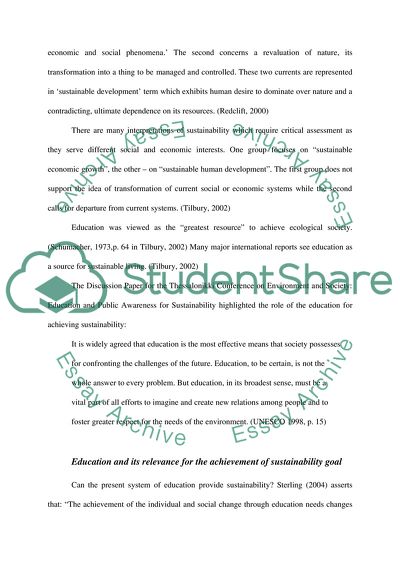Cite this document
(“Educational Theory and Sustainable Education Essay”, n.d.)
Retrieved from https://studentshare.org/education/1537795-educational-theory-and-sustainable-education
Retrieved from https://studentshare.org/education/1537795-educational-theory-and-sustainable-education
(Educational Theory and Sustainable Education Essay)
https://studentshare.org/education/1537795-educational-theory-and-sustainable-education.
https://studentshare.org/education/1537795-educational-theory-and-sustainable-education.
“Educational Theory and Sustainable Education Essay”, n.d. https://studentshare.org/education/1537795-educational-theory-and-sustainable-education.


